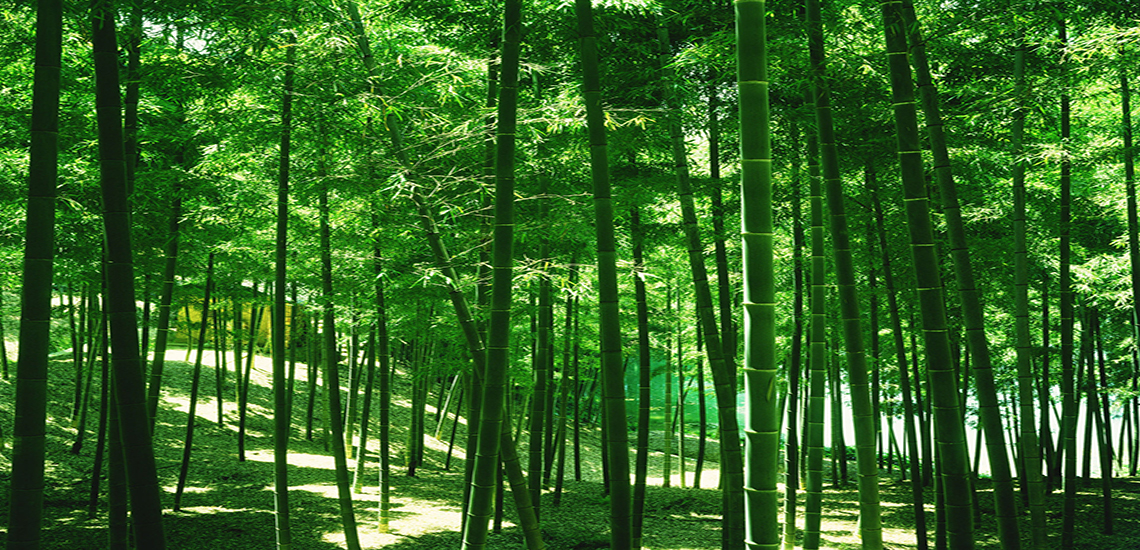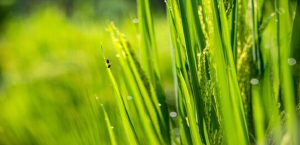Abstract:
As a main driving force in evolution, polyploidy (whole genome duplication) is ubiquitous across various evolutionary stages of the flowering plant tree of life. However, the interactions between the ancestral genomes in a polyploid nucleus, frequently involving subgenome dominance, are poorly understood. Bamboos represent one of the most species-rich subfamilies in the grass family (Poaceae), including one diploid herbaceous lineage and three polyploid woody lineages. The temperate woody bamboo lineage and neotropical woody bamboo lineage are tetraploid, while the paleotropical woody bamboo lineage is hexaploid, making them ideal models for polyploidy origin and subgenome evolution study. Based on chromosome-level genome sequences of 11 representative bamboo species, the research team confirmed the presence of four distinct subgenomes of WBs (i.e. A, B, C and D subgenomes). These studies revealed recurrent hybridization events between diploid ancestors of woody lineages followed by polyploidization, together with introgression between ancestral woody and herbaceous lineages, early in the evolution of bamboos. Collectively, we propose a refined model for the origins and polyploidizations of woody bamboo. Moreover, we found that the WBs exhibit stunning karyotype stability by maintaining the ancestral state of 12 chromosomes of the grass family at the subgenome level, despite 12 to 20 Ma since polyploidization and subsequent large-scale species diversification. Subsequently, our analyses suggest unambiguous dominance of the C subgenomes in two tetraploid lineages, as reflected in a series of features including genome size, gene fractionation, genomic rearrangements, transposable elements and gene expression. However, the pattern of dominance in the hexaploid lineage is more dynamic, with a gradual shift of dominance from the C to the A subgenome. Further analyses reveal that the dominant C subgenome, together with the A subgenome in the hexaploid clade, contributed the most to the evolution of distinctive traits in WBs and possibly their adaptive radiation into a forest habitat.
Speaker: Dr. Cen Guo
Affiliation: Peking University
Time: 10:30 AM, Wednesday, June 19, 2024
Venue: Offline: The Conference Hall in Xishuangbanna Headquarter
Online: Tencent Meeting ID:682-163-022
https://meeting.tencent.com/dm/QAuPnRHaBgGS



